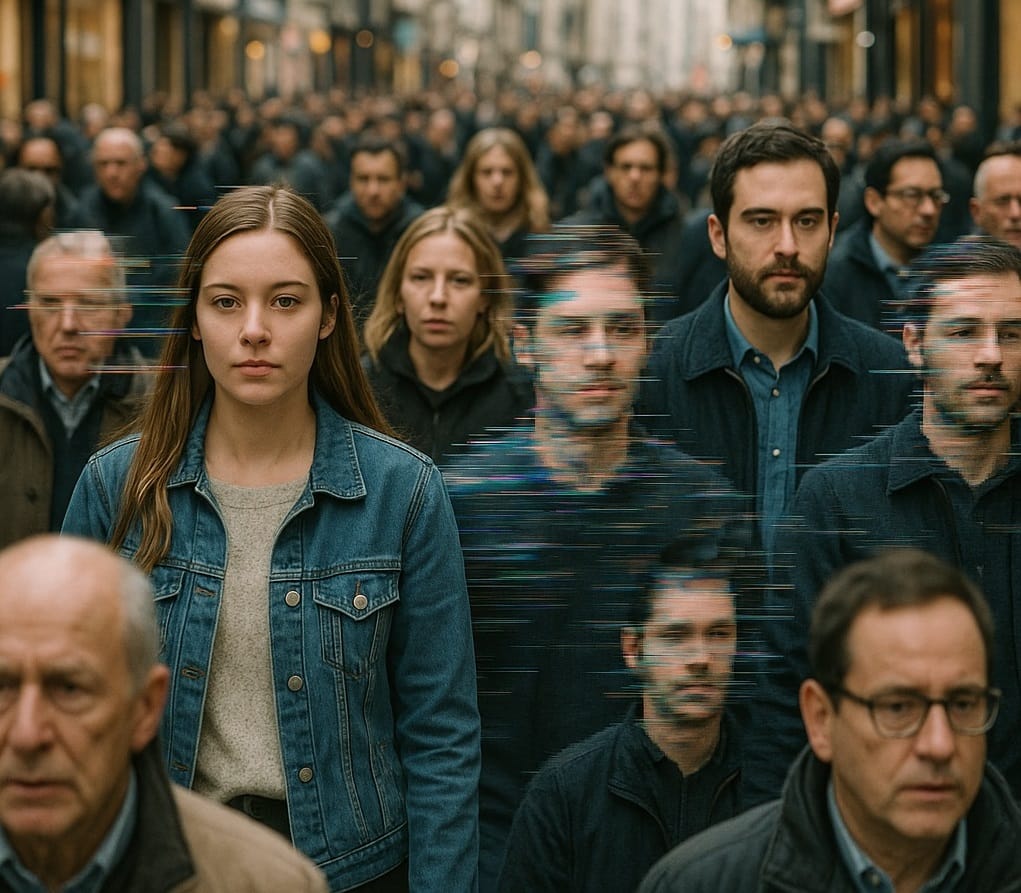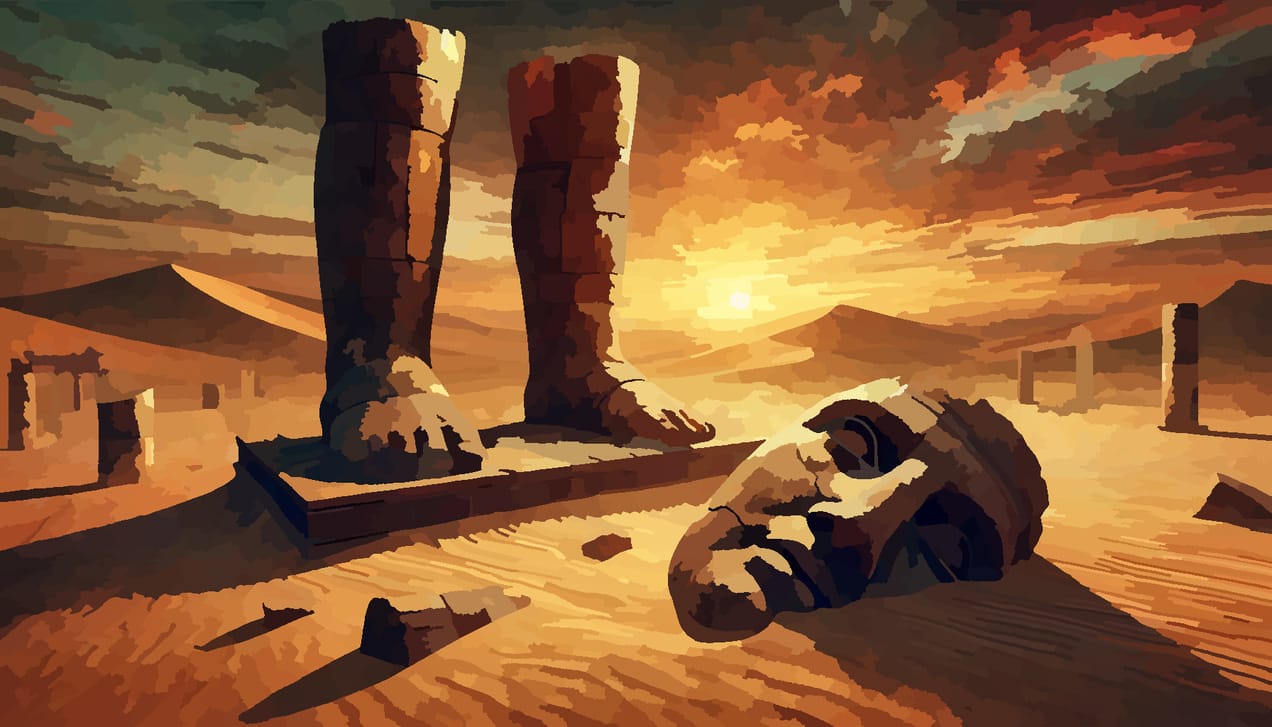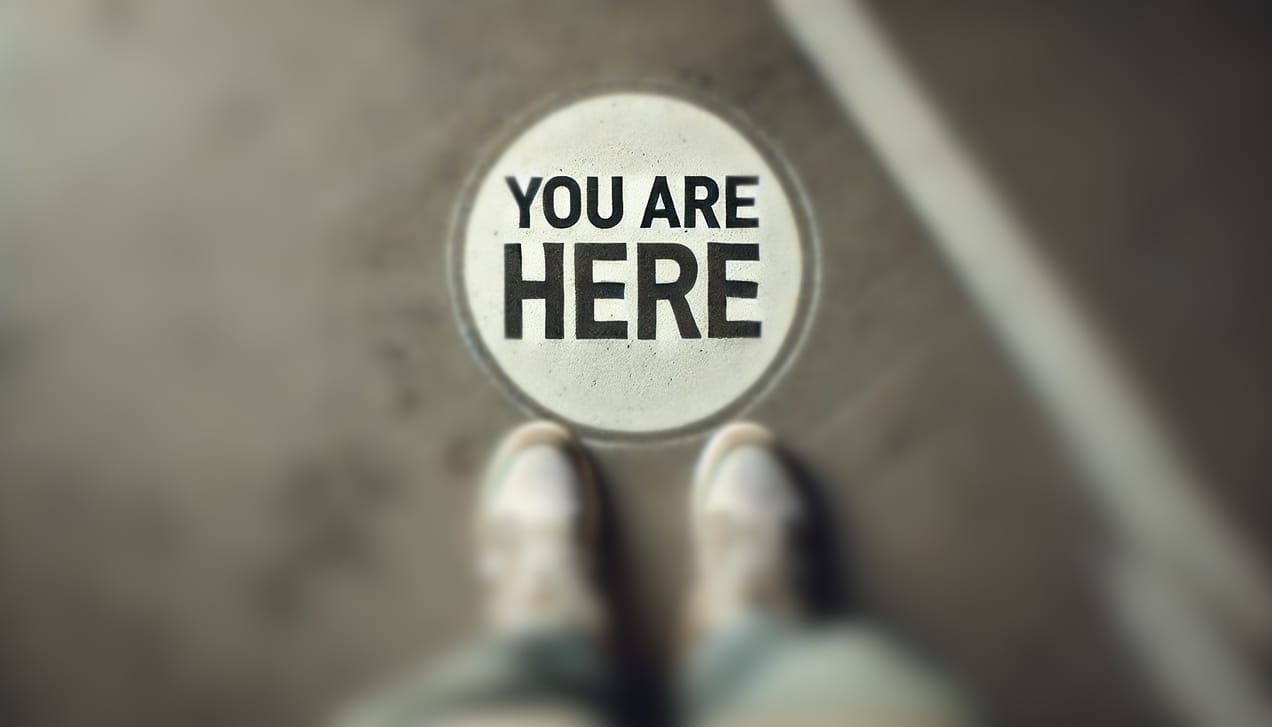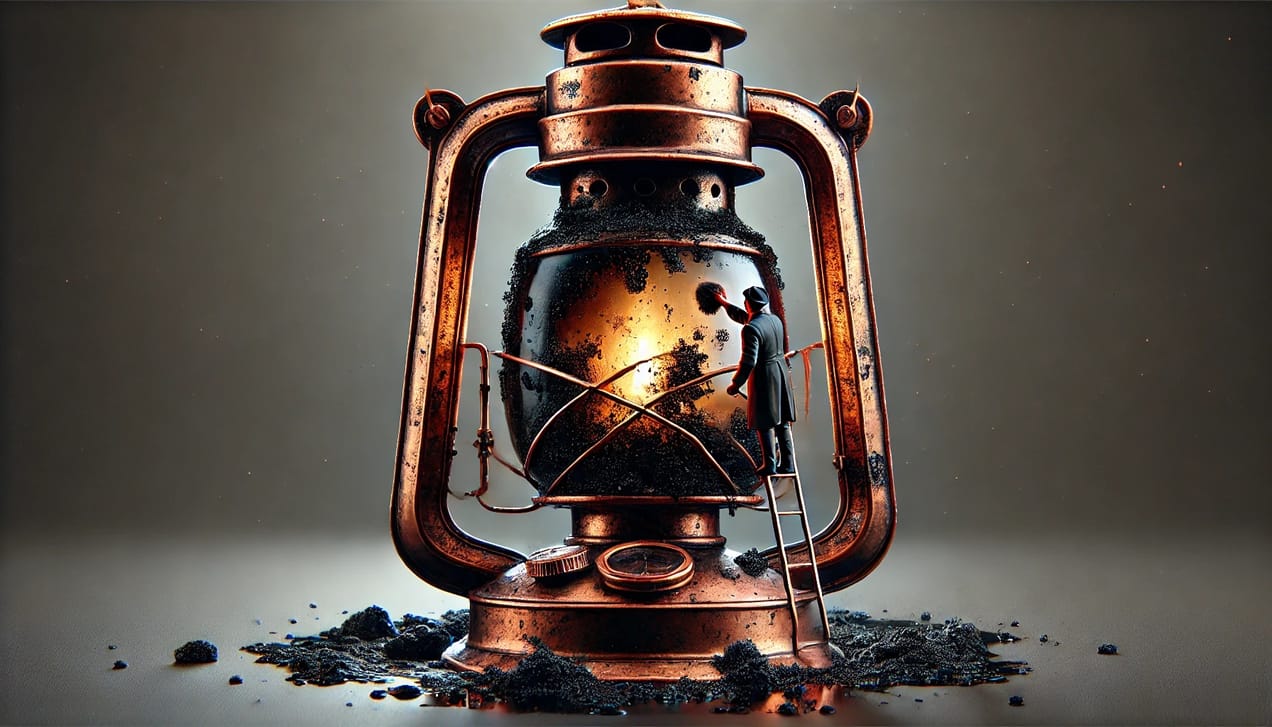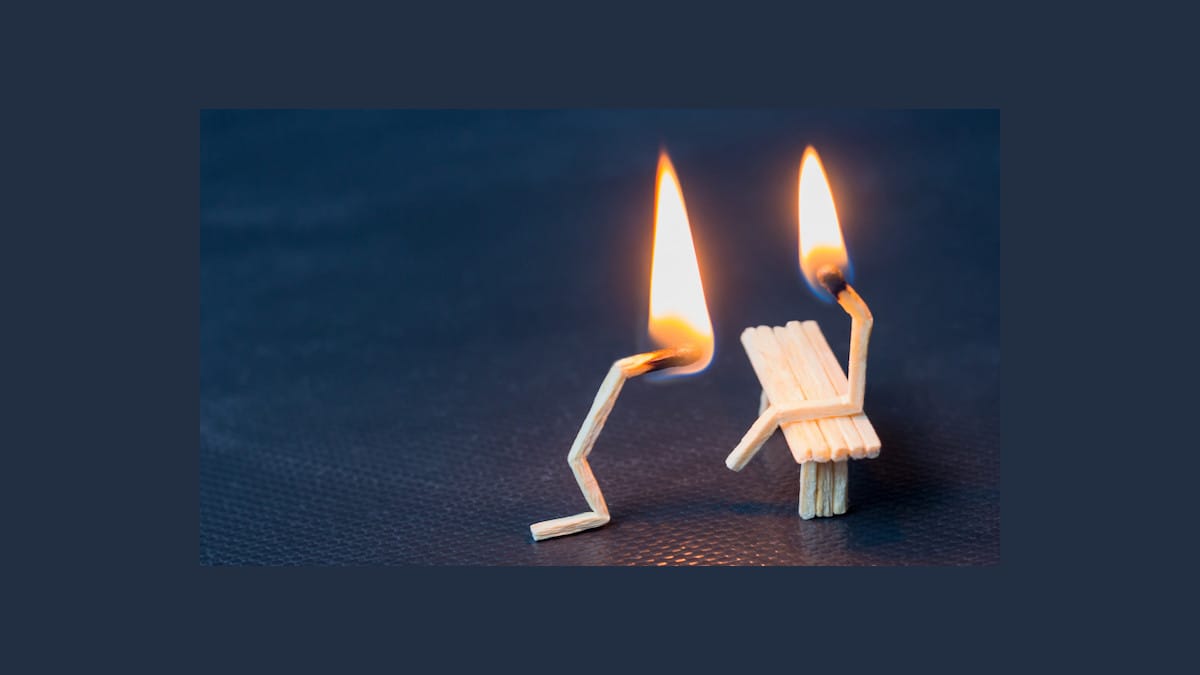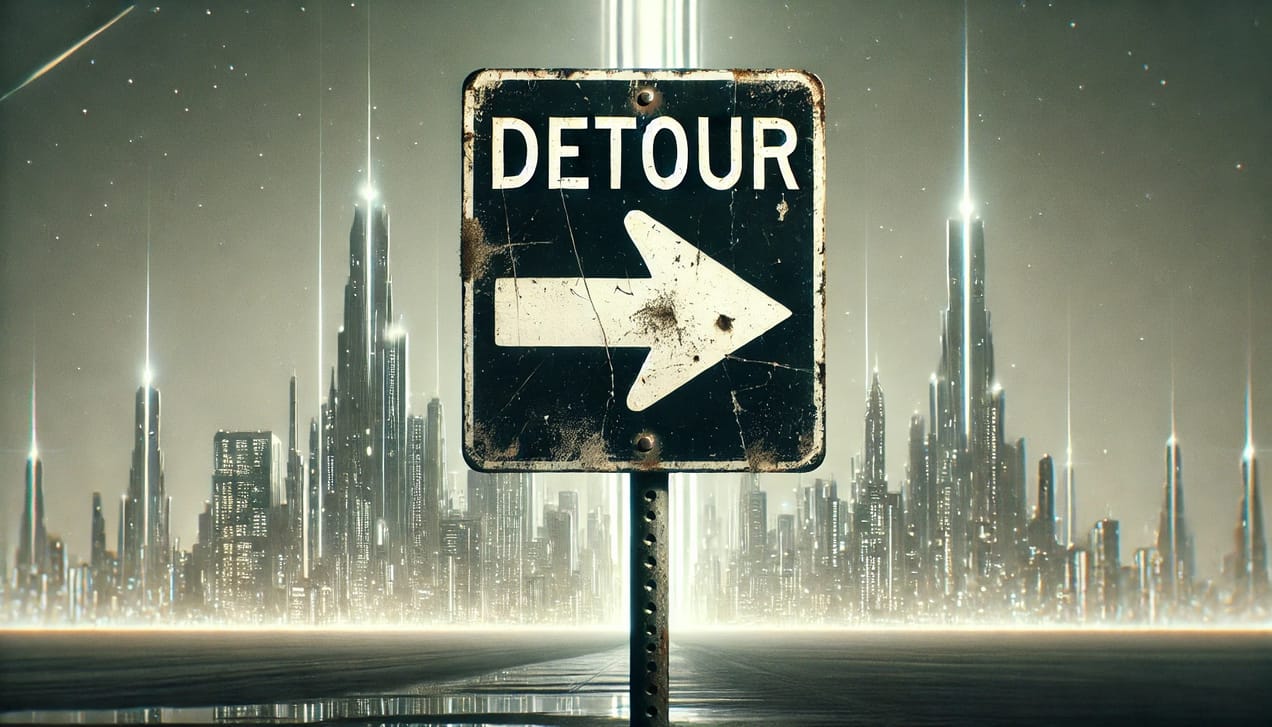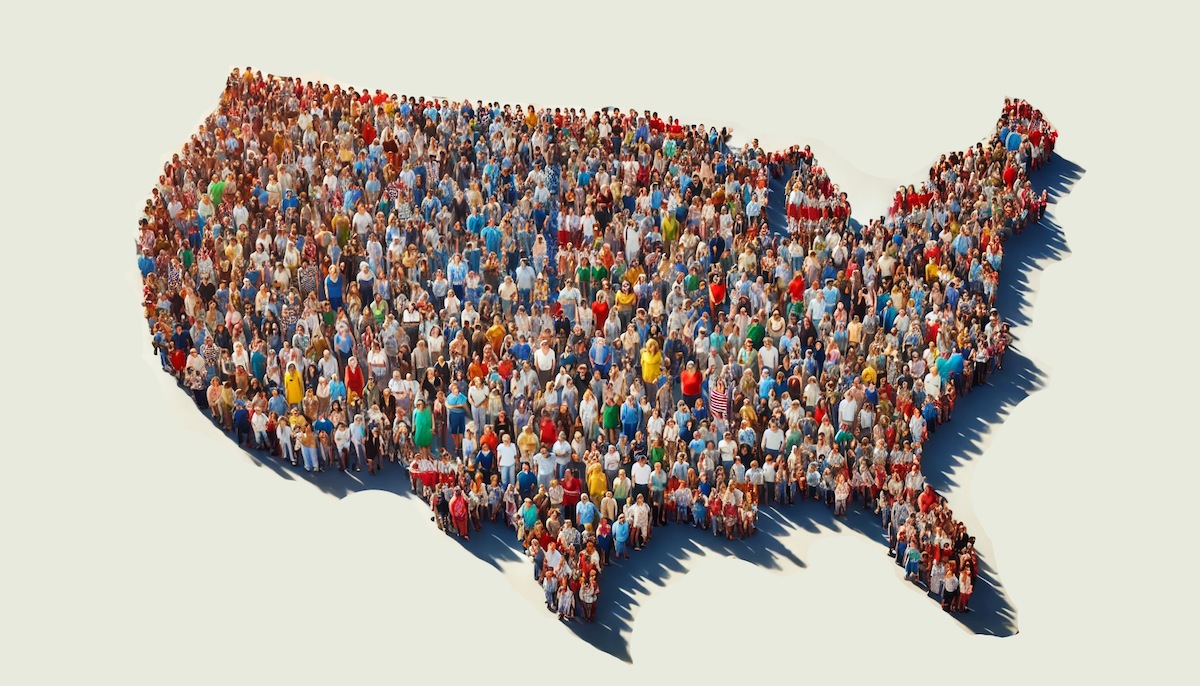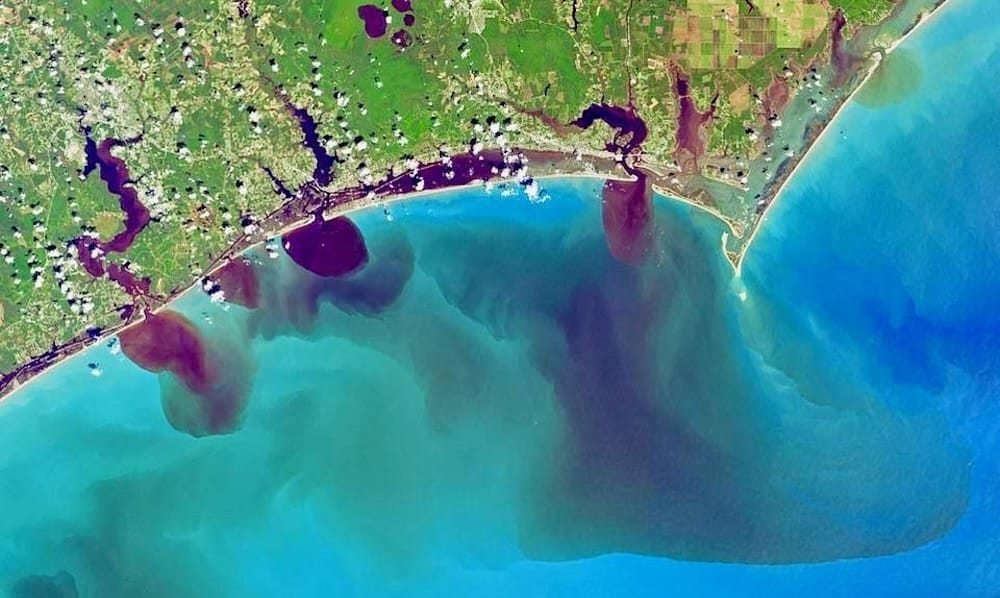politics
AI ushers in the post-truth era of politics
Don't believe anything you see or hear.
How the fight for evolution prepared us to fight for democracy
Thinking of democracy as a threatened species can help us preserve its future.
Suffering is optional
Those with the power to address the problem on a meaningful scale have other priorities.
Democracies fall. So do dictatorships.
The evidence is all around.
The Shrinkening
For all the energy I put in, my input at the national level has come to nothing. What if I start thinking locally?
The rehabilitation of truth
You cannot build a secular civilization into the future without a kind of faith.
Live good lives now: A path forward in the shadow of Trump II
A counterintuitive strategy for persevering in the face of a political nightmare.
How the Electoral College dies
There is a real chance that future elections will take place without the red-and-blue map of the Electoral College. Here's how it could happen.
For a future worth living in, we need one fundamental shift
Every aspect of life in the future will take place in the jaws of a climate emergency.
Is the US headed for a cold civil war?
A majority of Americans fear that political violence is imminent. But it may not take quite the form we imagine.

